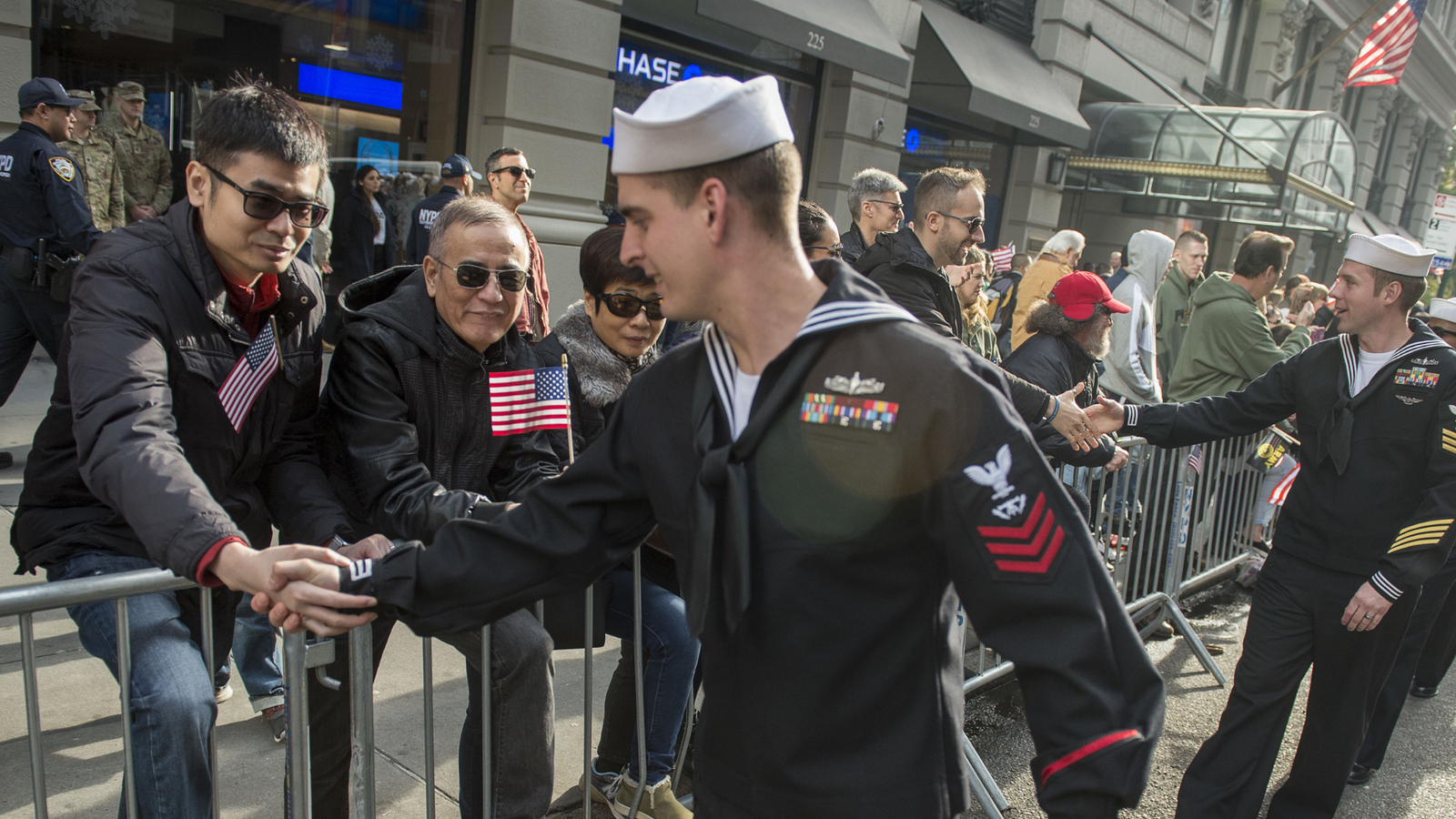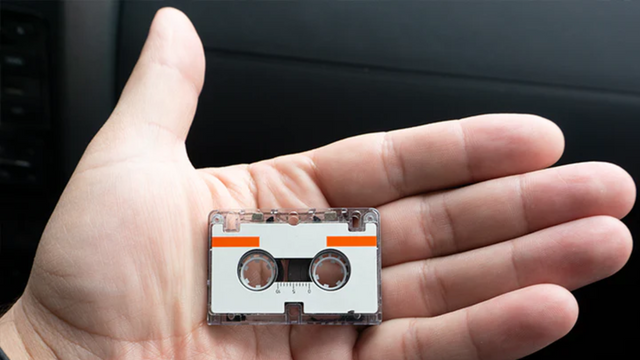If you've ever served in the military, you've likely heard the words: “Thank you for your service.” It’s a sincere gesture, often offered by strangers, coworkers, or neighbors who want to show appreciation. But knowing how to respond can feel unexpectedly complex.
Do you smile and nod? Say “you’re welcome”? Or something more personal?
Let’s talk about why it matters, how to respond authentically, and what it means to be veteran grown—especially as we approach Veteran’s Day 2025.
Who Is a Veteran?
A veteran is anyone who has served in the U.S. military and been discharged under conditions other than dishonorable. But being a veteran is about more than time in uniform. It’s about what you carry with you after service: discipline, empathy, resilience, and a sense of mission.
At Heirloom, our veteran culture informs everything we do—from how we lead teams to how we preserve your photo albums, VHS tapes, and 8mm film reels.
Thank You for Your Service: Why It Can Be Hard to Hear
For many veterans, especially those who’ve experienced loss or hardship, the phrase can stir mixed emotions. Gratitude is always appreciated—but sometimes it opens the door to memories that are hard to revisit.
Others may feel uncomfortable receiving praise they associate with teammates, mentors, or fallen friends.
That’s why there’s no one-size-fits-all answer. The most meaningful responses come from honesty, reflection, and grace.

How to Respond to Thank You for Your Service
Here are a few heartfelt ways to respond, depending on the moment and your own comfort level:
-
“You’re worth it.”
This short, powerful response flips the gratitude outward. It affirms that their appreciation isn’t just heard—it was the reason you served in the first place.
-
“I appreciate that.”
A humble and sincere reply that doesn’t overcomplicate the moment.
-
“I was honored to serve.”
This shows that your service was meaningful to you, without asking for attention or applause.
-
“Thank you for saying that.”
A gentle way to accept someone’s words while making them feel their gesture was meaningful.
The right response depends on context. But the most important thing? That someone said thank you at all.
Veteran Grown Means More Than Military Roots
At Heirloom, we don’t just acknowledge veterans—we are one. “Veteran grown” isn’t a slogan. It means our mission-driven mindset extends beyond the battlefield and into everyday service: helping families digitize and protect their most priceless memories.
Whether you’re looking to convert 8mm film to digital, scan a vintage photo album, or bring VHS tapes back to life, we understand the value of legacy—because we've fought to protect it.
Explore America’s best digitizing service to see how our veteran-led team approaches memory preservation with precision, empathy, and purpose.
📧 Want more tips like this?
Subscribe to Heirloom emails to learn how to preserve your priceless memories. Get discount codes for expedited shipping, quality digitizing, and secure cloud storage. We never spam, and it’s easy to unsubscribe at any time.



